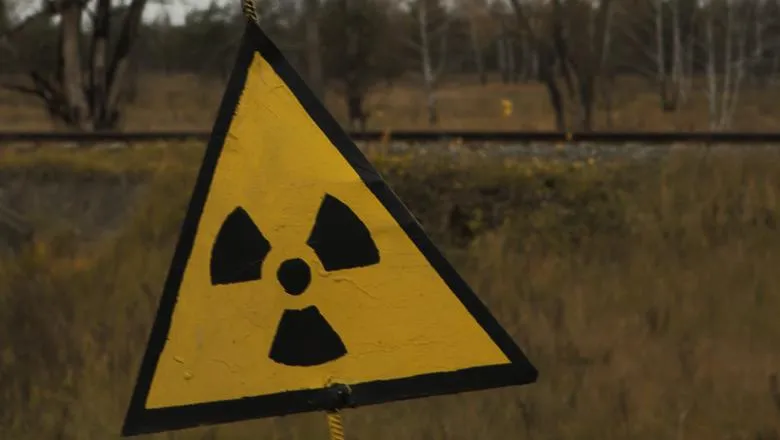19 June 2019
Climate of doubt
Why it's not just fears of another Chernobyl that make nuclear a dubious environmental ally

The Chernobyl TV drama has revived public misgivings about nuclear energy, just as the nuclear industry is mounting a renewed push to position itself as the low-carbon energy source to solve the urgent problem of climate change. But objections to the nuclear solution are not rooted solely in arguments around safety, but also cost and feasibility.
“The 2018 IPCC (Intergovernmental Panel on Climate Change) report fully demonstrated the urgency of considering nuclear as a solution to achieving 1.5 or 2 degrees scenario. It is the responsibility of the nuclear industry to make sure that we can deliver that for future generations,” said Philippe Costes, Senior Advisor at the World Nuclear Association, making the case for nuclear energy in a speech on 13 June at the European Centre for Energy & Resource Security (EUCERS) at King’s College London.
Costes called for a three-part solution to enabling nuclear to meet the needs of a low-carbon future which includes a looser regulatory framework for new nuclear developments and recognition of the true costs of renewables to establish a 'level playing field'.
However speaking on the War Studies Podcast, Dr Simon Chin-Yee, researcher at King’s, argued that we must consider these claims in the context of the bigger picture – the IPCC’s call for a massive reduction in carbon emissions by 2030. “The nuclear industry wants $8.2 trillion of government investment to build 1000 new nuclear reactors by 2050. But this is 20 years past the IPCC deadline of 2030 to stop catastrophic climate change.” The key question is therefore not whether nuclear should be the solution, but whether it even can.
While Costes claimed that “Nuclear is quicker and more proven than any other source” he also stated that the costs of renewables like solar and wind “have declined significantly" in recent years. Furthermore in contrast to projects in the Middle and Far East, "new nuclear developments in the US and Europe have consistently failed to be delivered on time or under budget.”
For Dr Chin-Yee nuclear is a distraction when we should focus investment on solving the storage problem – developing batteries which can provide electricity even when the sun is not shining. “Renewable technologies have already become less expensive and are predicted to become cheaper still. Investment in renewable innovation on how to store power will be a significant move for the energy sector – renewable or not. We could invest the trillions the nuclear industry proposes for new reactors in solving this problem.”
He also illustrated how advanced economies are already looking beyond nuclear. “Germany has made a long term commitment to an energy transition closing down nuclear by 2021 and also closing a third of their coal capacity within the next three years. France is often held up at the country where nuclear power has worked, but even France has committed to reduce dependence on nuclear energy from 75 to 50% over the next 15 years – again to invest in renewables!”
This view on the feasibility of nuclear view is supported by the former U.S. nuclear regulatory commission chairman Gregory Jaczko, who argues from his own experience that nuclear cannot be scaled up to meet the demands of the current environmental crisis, while remaining hazardous and unreliable.
The urgency of the climate crisis and importance of decisions on energy security is highlighted by the perilous situation of climate-affected countries, as described in the recent EUCERS publication Climate Change & Human Security. Stories range from the emergence of malaria in Nairobi in the past ten years due to warming, to the president of Kiribati buying land in Fiji for its people when the island disappears.
Dr Chin-Yee, who authored the report, concludes “The most vulnerable are least responsible, and the least able to adapt. We need mitigation, not migration, and ultimately climate justice. Movements like Extinction Rebellion and the school strikes provide hope that we can push governments into moving quickly towards 100% renewable energy."
Listen to the full 'Can nuclear power solve the climate crisis?' podcast.
